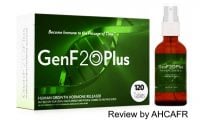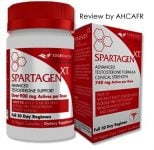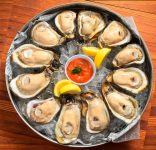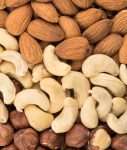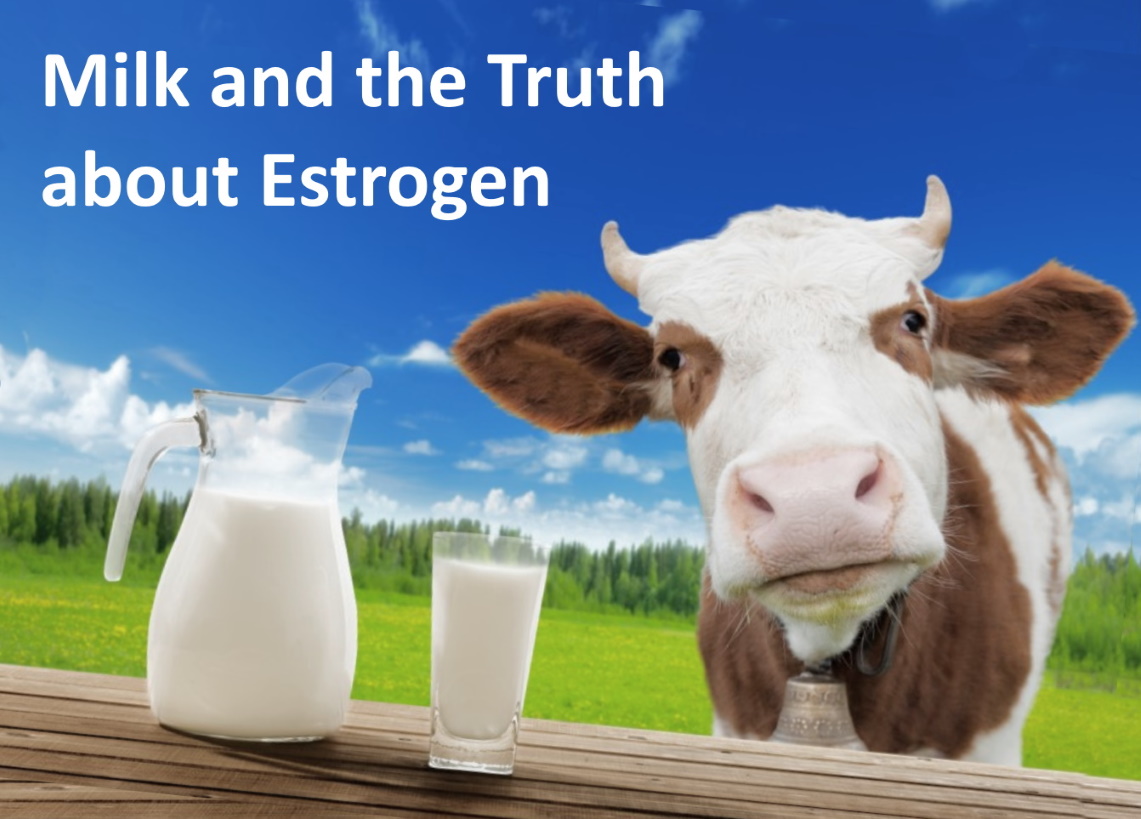 The vast majority of people wouldn’t link milk and dairy products to low libido (and ED) in men. However, a closer look reveals that high intake of dairy products affects reproductive health in men.
The vast majority of people wouldn’t link milk and dairy products to low libido (and ED) in men. However, a closer look reveals that high intake of dairy products affects reproductive health in men.
According to most experts, dairy products can affect the synthesis of testosterone in a man’s body.
Hormones found in milk
Most of the hormones in milk can be transferred by diffusion. The important ones include:
- Estrogen – a female sex hormone, also known as oestrogen. It develops and regulates the female reproductive system, alongside the secondary sex characteristics.
- Prolactin – it’s produced by the pituitary gland. It regulates the immune system, plays a role in lactation, and acts on the reproductive system.
- Corticoids – these include all the hormones in the outer parts of the adrenal gland. The play a role in metabolism as well as regulate the balance of water and salt in the body.
- Androgens – these are present in both males and females. They are active in reproduction and the development of male traits development.
- Progesterone – another female hormone, it’s produced in the ovaries during the monthly ovulation. It’s responsible for maintaining pregnancy.
Symptoms and effects of high estrogen in men
Extreme amounts of estrogen in men can lead to the following:
- Slowed growth – delayed puberty or short stature in boys.
- Infertility – characterized by a low, unhealthy sperm production.
- Epiphyseal closure – likely to happen to adolescents, making them have short stature.
- Erectile dysfunction – an imbalance in hormones that create and maintain an erection, causing ED.
- Gynecomastia – an abnormal development of breast tissue.
What Studies Reveal
Studies have found that estrogen, a hormone found in milk, can have effect on the amount of testosterone produced in males. Testosterone helps generate and sustain an erection.
Farming methods and estrogen levels
Today, unlike in the past, approximately over three quarters of all commercial milk is obtained from pregnant cows. Estrogen levels are highest in cows when they’re pregnant.
Cows have also been genetically modified, over the years, to produce more milk and meat. Native cows would produce 3 liters of milk and it would be normal. Now, cows have been bred to produce 15 litres daily, which isn’t natural.
Additionally, many farmers have their cows pregnant just days after the herbivores have given birth, for maximum production. Meaning, the cows are almost always pregnant.
Non-pregnant cows contain milk with approximately 30 pg/mL of estrone sulphate, a natural oestrogen steroid. This rises to 151 pg/mL in early pregnancy, and peaks to 1,000 pg/mL during the last stages of pregnancy.
A combination of these three practices means most of the milk yield is high on estrogen.
High estrogen and testosterone
A study has linked reduced testosterone secretion to dairy food intake. This is due to reduced production of the hormones that control sperm creation and development of sex glands in men.
Another study was conducted among Japanese pre-pubertal boys. It confirmed that drinking cow milk resulted in suppressed production of hormones responsible for testosterone generation.
It has been noted that, the less milk you consume, the higher the number of sperms you produce (and the higher your sperm’s activity). More milk consumption reduce both sperm count and activity.
Further, dairy consumption increases the concentrations of blood insulin. This may have similar adverse effects on erectile function (and sperm) as chronic diseases, like diabetes.
Other effects of Estrogen
Abnormally high estrogen levels can lead to:
- Emotional disturbances
- Enlarged breasts
- Tiredness
- Excess abdominal weight
Almond vs milk
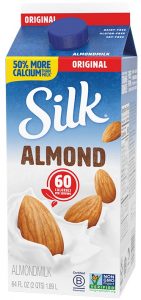 Unlike dairy milk, almond milk doesn’t contain harmful hormones. It is fortified with minerals and vitamins.
Unlike dairy milk, almond milk doesn’t contain harmful hormones. It is fortified with minerals and vitamins.
Without sweeteners, its calories and saturated fat content is lower than that of milk. It is, therefore, a safer alternative if you’re seeking to avoid negative effects of dairy products.
Daily recommended dairy intake
The United States Department of Agriculture (USDA) recommends that adults consume 3 servings of dairy products a day. Children can consume up to 2 servings per day, depending on their age.
This is how typical servings of dairy would look like:
- 1 cup of milk or yogurt
- 1 ounce of cheese (i.e. Monterey Jack or cheddar)
- 1/2 cup of cottage cheese
The Bottom Line
Milk provides numerous nutrients to both babies and adults. It’s also useful if you’re looking to build muscles naturally.
However, its high estrogen content and ‘womanizing effects’ are detrimental to men. If you’re seeking to maintain a high erectile function, you might want to avoid it (milk).
References


 Unlike dairy milk, almond milk doesn’t contain harmful hormones. It is fortified with minerals and vitamins.
Unlike dairy milk, almond milk doesn’t contain harmful hormones. It is fortified with minerals and vitamins.